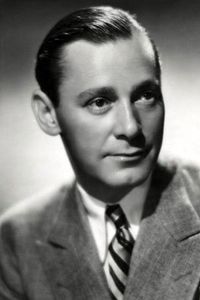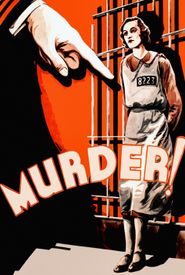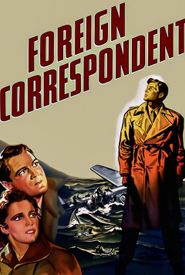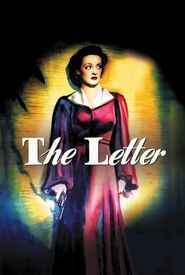Herbert Marshall was a man of many talents and adaptations. Born with a passion for the stage, he trained to become a certified accountant, but his interests shifted towards the world of acting. Despite losing a leg in World War I, Marshall did not let his disability hold him back from pursuing his dream.
With his distinctive square-shouldered and guided walk, Marshall was able to cover up his disability and make a name for himself in the world of theatre. He spent 20 years honing his craft in London before making the transition to film. His unique British accent and mellow baritone voice quickly made him a sought-after actor.
Marshall's range was impressive, as he effortlessly transitioned between romantic leads, sophisticated comedies, and dramatic roles. His ability to convey emotion without overt displays of sentimentality made him a versatile and in-demand actor.
In the 1930s, Marshall's career reached new heights, with him appearing in as many as five or six films a year. One of his most notable roles was in Ernst Lubitsch's "Trouble in Paradise" (1932),a non-musical sound comedy that showcased Marshall's comedic talents.
Throughout the 1940s, Marshall continued to take on a wide range of roles, from romantic leads to character-driven performances. His standout performance as the peace leader in "Foreign Correspondent" (1940) demonstrated his ability to convey subtlety and nuance.
In the 1950s, Marshall's career slowed down slightly, but he continued to appear in films and television shows. His distinctive voice was perfect for lending credibility to early sci-fi classics, such as "Riders to the Stars" (1954) and "Gog" (1954).
Marshall also made a name for himself in television, appearing in various playhouse programs and episodic shows, including a rare five-episode run as a priest on "77 Sunset Strip" (1958). Throughout his long and illustrious career, Marshall graced nearly 100 movie and TV roles, leaving behind a rich legacy that continues to be celebrated today.
























































































